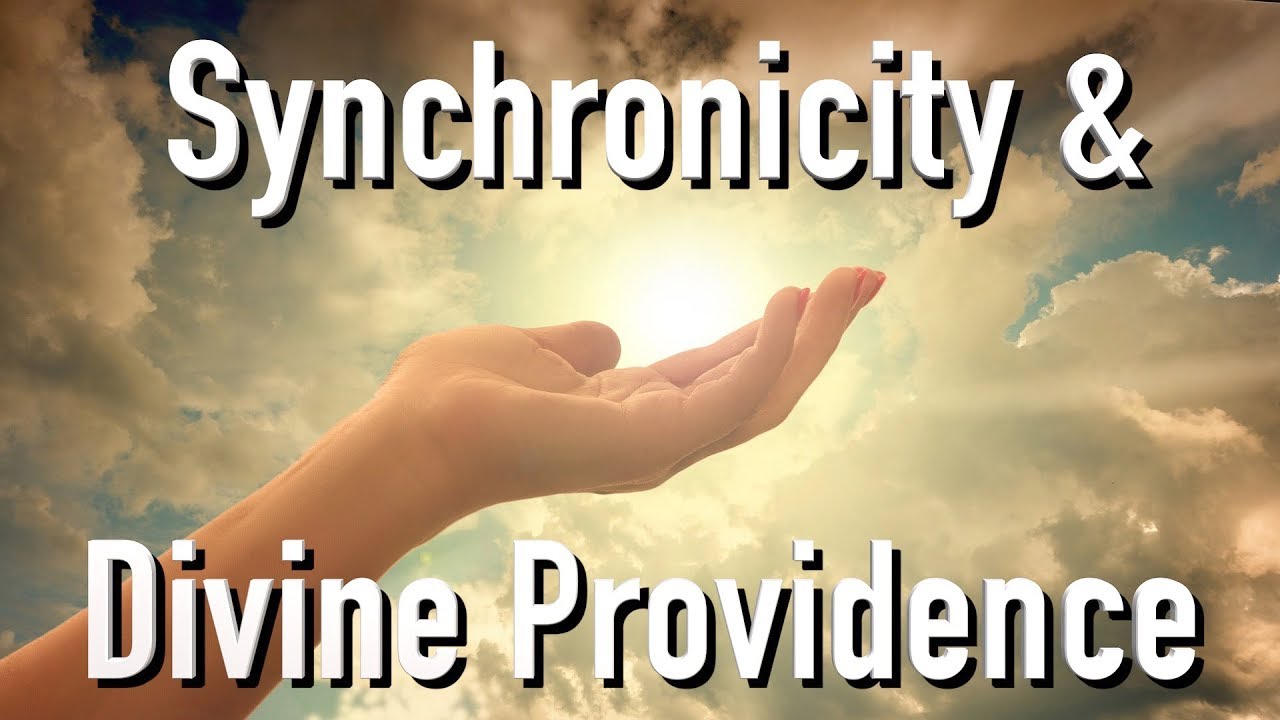Providence and synchronicity are two concepts that are often associated with spirituality, fate, and meaningful coincidences. They both involve the idea that events in the world may be interconnected and have some higher purpose or significance. However, they come from different philosophical and theological traditions and have distinct meanings.
- Providence:
- Providence is a concept that is primarily associated with monotheistic religions, especially Christianity. It refers to the belief that a divine, all-powerful being (i.e., God) is actively and purposefully guiding and governing the universe and human affairs.
- In the context of providence, it is believed that God has a plan or purpose for everything that happens, even if it is not immediately clear to humans. This divine plan is often seen as benevolent and aimed at achieving some greater good or fulfilling a divine purpose.
- The idea of providence can provide comfort and meaning to individuals in difficult or uncertain times, as they may believe that there is a higher reason for their experiences and that they are part of a larger, divine plan.
- Synchronicity:
- Synchronicity is a concept introduced by Swiss psychologist Carl Jung. It is not inherently tied to any specific religious or spiritual belief system and is often considered a more secular or psychological concept.
- Synchronicity refers to meaningful coincidences that seem to occur without any causal connection. These events may be experienced as having personal or symbolic significance, even though they cannot be explained through conventional cause-and-effect relationships.
- Jung believed that synchronicities are a reflection of the “collective unconscious” and that they can offer insights into an individual’s psyche, helping them to gain a deeper understanding of themselves and the world around them.
- Synchronicity is often viewed as a way of recognizing patterns or connections in the world that may go beyond conventional scientific or logical explanations. It can be seen as a form of serendipity or a way of finding meaning in apparently random events.
In summary, providence is a theological concept related to the belief in a purposeful, divine plan governing the universe, while synchronicity is a psychological concept that deals with meaningful coincidences and their potential significance in an individual’s life. Both concepts offer different perspectives on the idea that there may be more to events in the world than what meets the eye, and they can be sources of comfort and insight for many people, whether from a religious or secular perspective.








